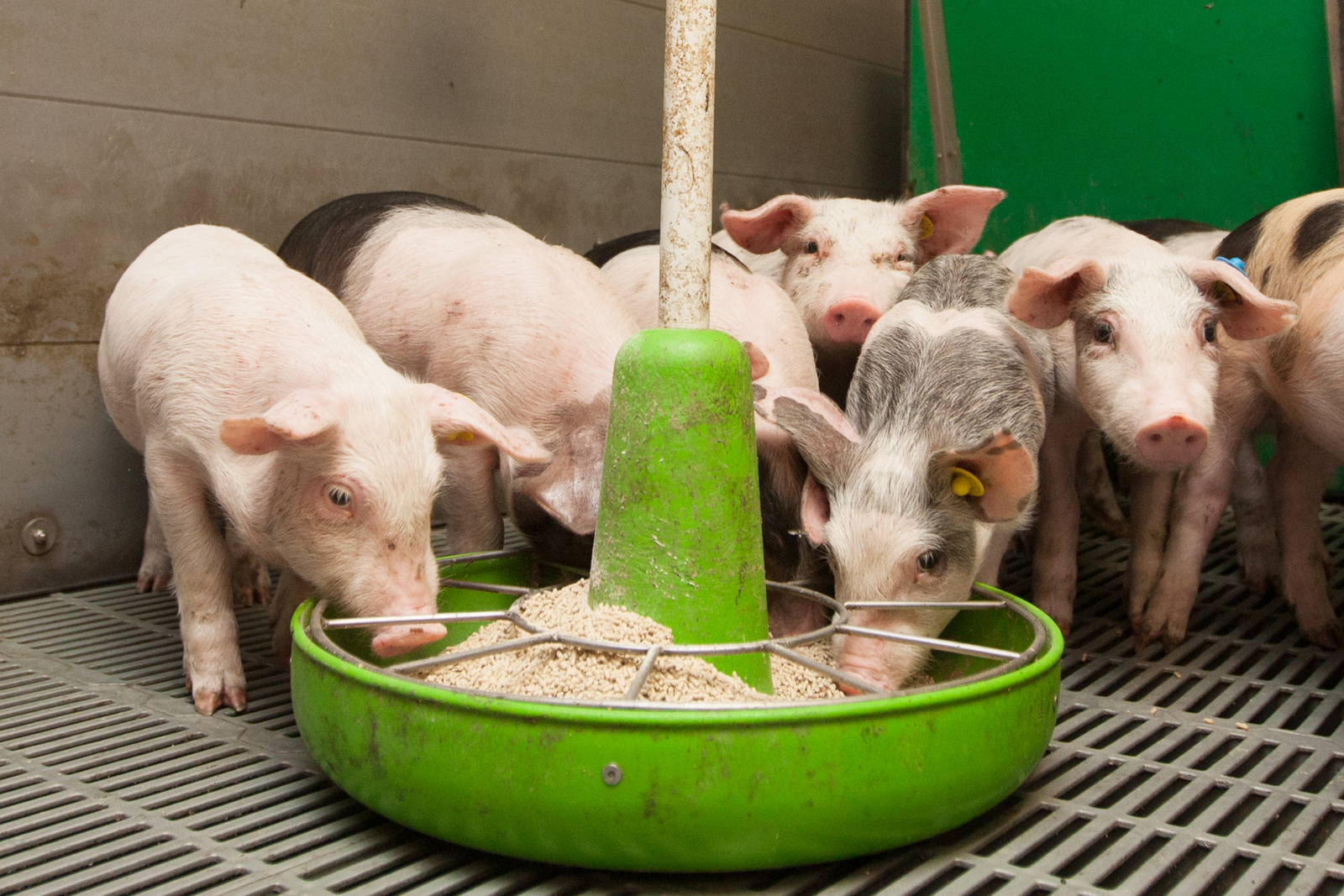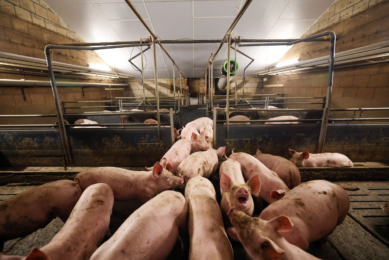Yeast can step up immunity in pigs

Adding yeast hydrolyzate to a diet can prevent a lot of problems during the weaning period of pigs, researchers in Finland and the Netherlands found out.
Weaning of piglets is often associated with diarrhoea and impaired growth rate partly due to the immaturity of the intestinal and the systemic immune system of the piglets. To help piglets coping with this transition, various nutritional approaches have been proposed including supplementing the diet with ingredients that have anti-microbial and/or immune stimulating properties.
Immuno-stimulating feed ingredients
Therefore, the inclusion of ingredients to modulate the immune function of piglets is considered a potential means to improve their health status and performance. The aim of immunomodulating ingredients is to help piglets developing appropriate active responses from both innate and acquired immunity. New research, published in the latest edition of Feed Science and Technology, examined whether yeast derivative (YD) based on brewery yeast hydrolyzate added to a post-weaning diet affected performance and immune responses in weaning pigs.
Antibodies measured
One hundred and twenty pigs were allocated to 20 pens, taking initial body weight into account, and were distributed into two groups as follows: a negative control diet and the same diet supplemented with 2 g YD/kg. At days 7 and 21 of the experiment, half of the piglets per group were challenged intramuscularly with 1 mL of a solution of 20% sheep red blood cells (SRBC) in sterile phosphate buffered saline (PBS). At days 0, 14, 21 and 28 of the experiment, blood samples from the challenged piglets were obtained and acute-phase proteins (Pig-MAP), natural antibodies of the IgM- and IgG-isotype binding to keyhole limpet hemocyanin (KLH), and agglutinating antibody titers to SRBC were measured.
Improved feed conversion ratio
Yeast derivative inclusion improved feed conversion ratio (P=0.025) for the overall period, tended to increase IgG (P=0.087) and IgM (P=0.061) antibodies in serum-binding KLH, and increased (P=0.037) SRBC agglutination titers. Collectively, these data suggest that YD supplementation to weanling pigs triggered the immune system to a more responsive state without penalizing the animal performance which could potentially be beneficial for overcoming disease challenges. Piglets fed the YD supplementation for 28 days after weaning also showed an improvement in feed conversion ratio.











